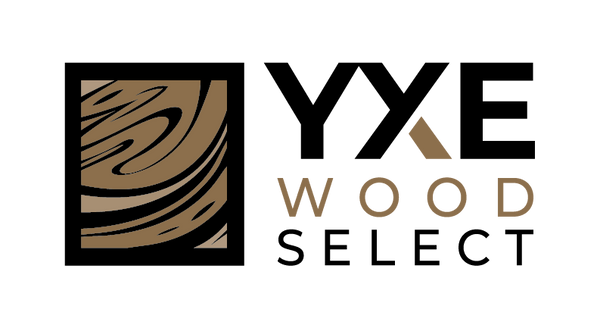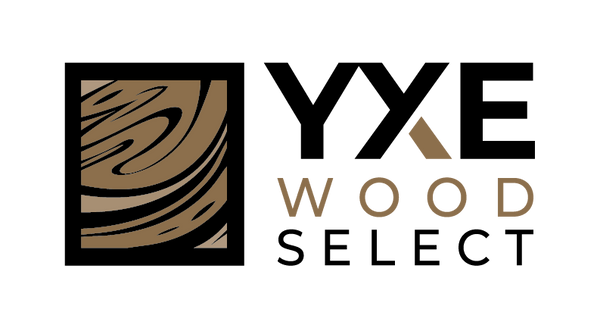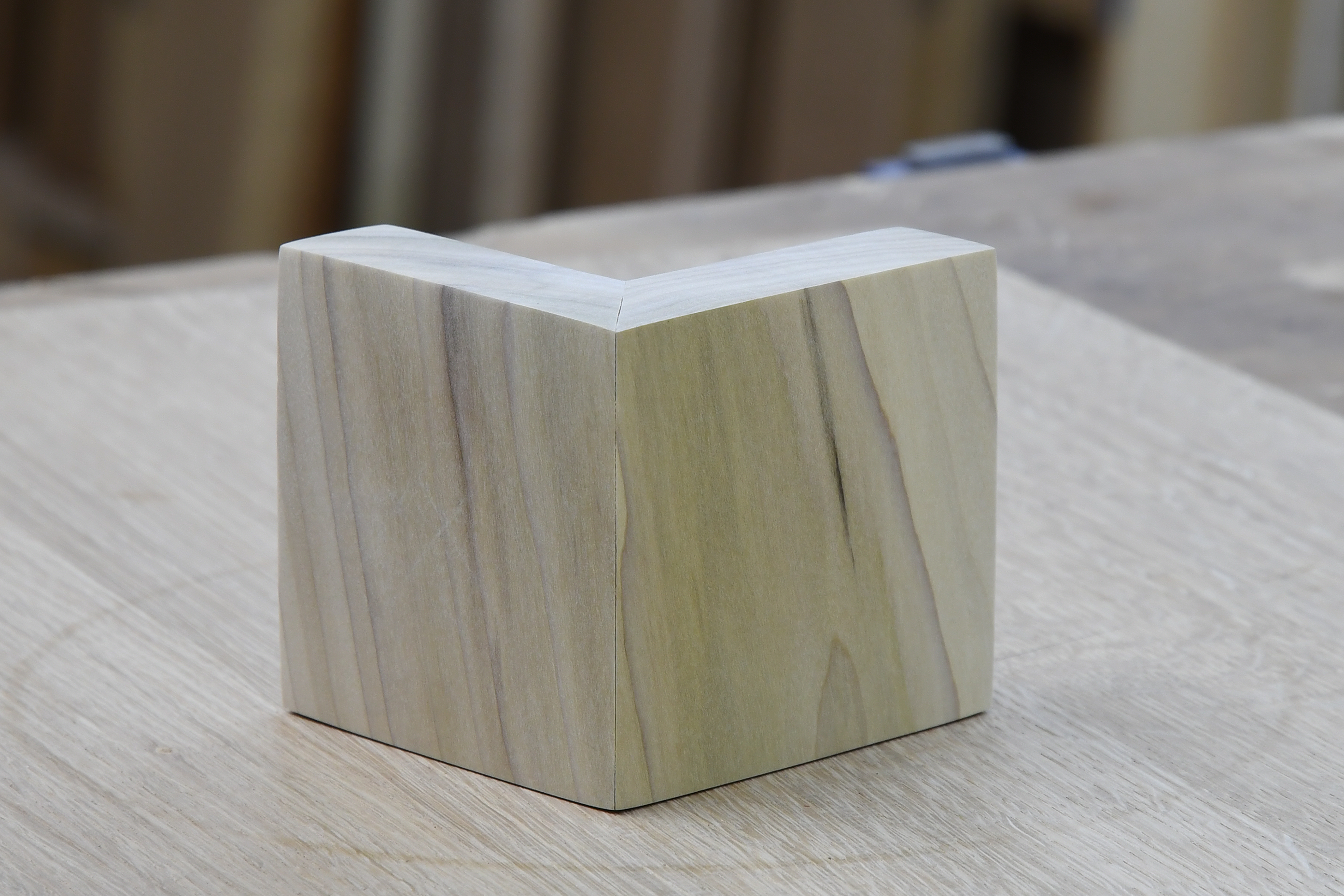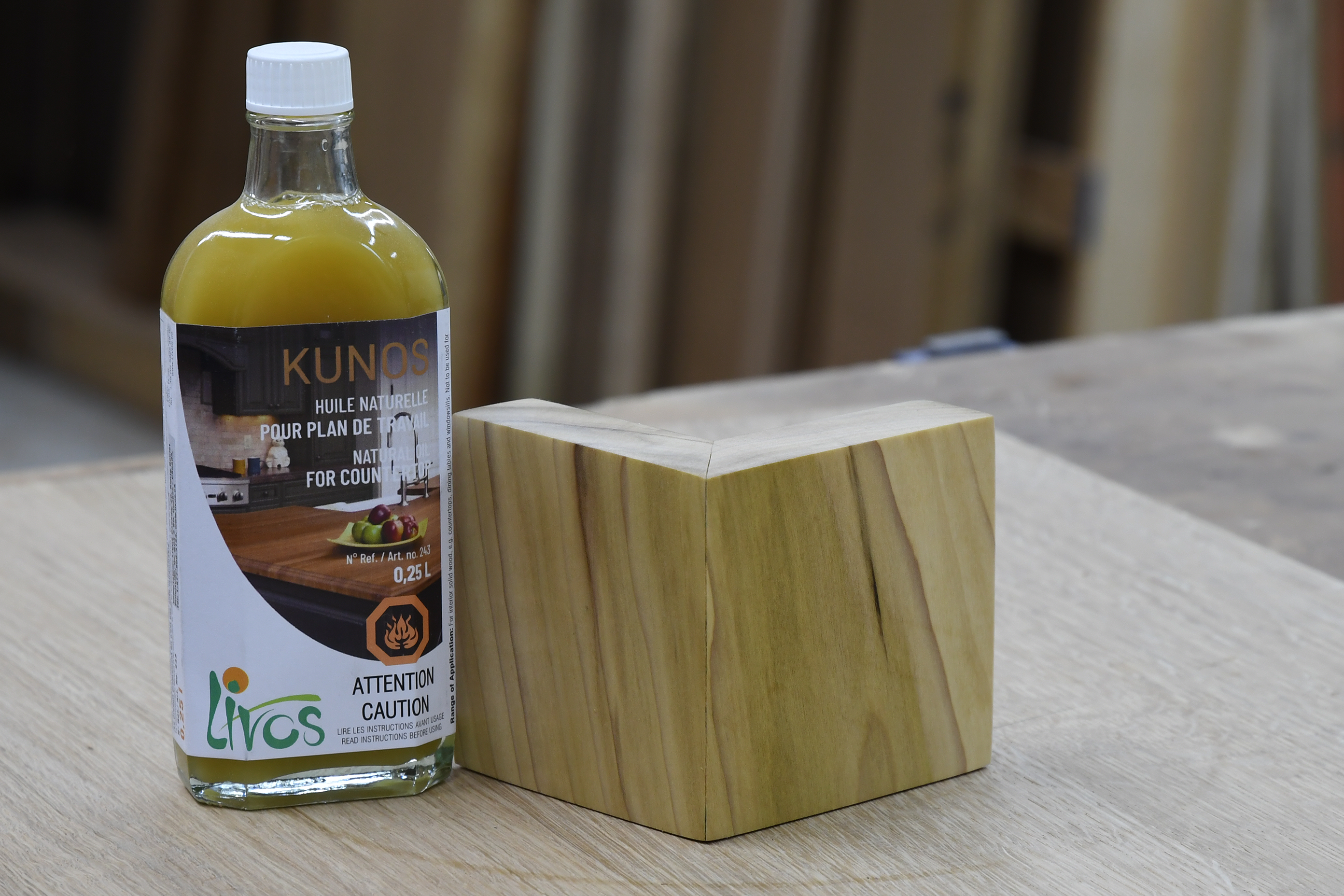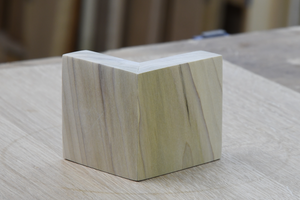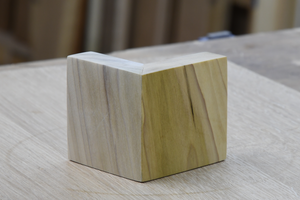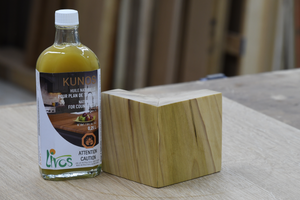Poplar
per Board Foot (Quantity)
Guarantee Safe Checkout
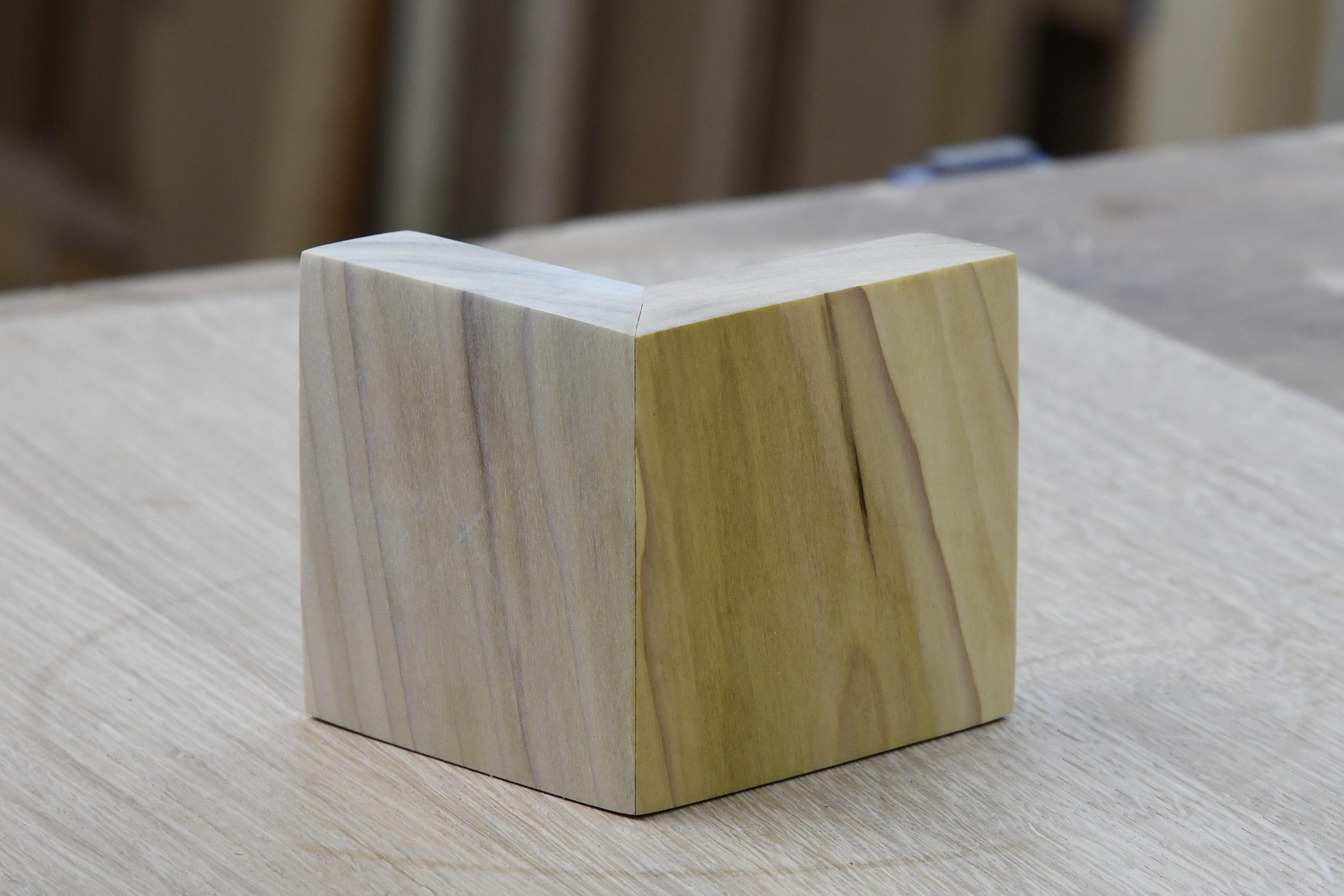
Poplar
Description
Poplar is light cream to light brown, with occasional streaks of gray or green. Sapwood is pale yellow to white, not always clearly demarcated from the heartwood. Can also be seen in mineral stained colors ranging from dark purple to red, green, or yellow, sometimes referred to a Rainbow Poplar. Colors tend to darken upon exposure to light.
The grain typically has a straight, uniform grain, with a medium texture. Low natural luster.
Workability
Poplar is very easy to work in almost all regards, one of Poplar’s only downsides is its softness. Due to its low density, Poplar can sometimes leave fuzzy surfaces and edges: especially during shaping or sanding. Sanding to finer grits of sandpaper may be necessary to obtain a smooth surface.
Common Uses
Poplar is a utility wood in nearly every sense. It’s used for pallets, crates, upholstered furniture frames, paper (pulpwood), and plywood. Poplar veneer is also used for a variety of applications: either dyed in various colors, or on hidden undersides of veneered panels to counteract the pull of the glue on an exposed side that has been veneered with another, more decorative wood species.
Distribution
Europe, western Asia, Northern Africa; planted as an ornamental in North America
Janka Hardness
460 lbf (2,020 N)
Poplar is sold by the board foot. A board foot is a wood measurement for a piece of lumber 12" wide by 1' long by 1" thick for estimating purposes. Request a quote to get in touch to see if we have the right size lumber for your needs.
Source: https://www.wood-database.com
https://www.istockphoto.com/photo/light-wooden-texture-gm511198824-86558027
Additional Information
| Thickness |
4/4, 8/4 |
|---|
